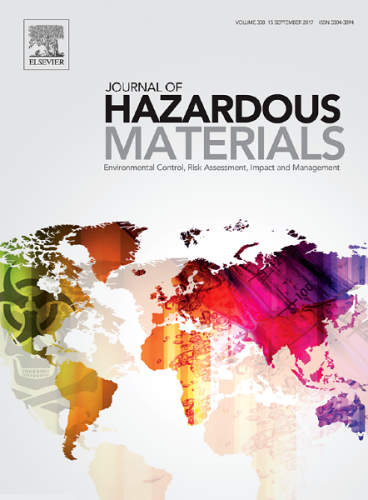
Abstract
Membrane adsorbers are promising candidates for the efficient and effective removal of heavy metals in waste water due to their unattainable adsorption and filtration capabilities. In the present study, zeolite nanoparticles incorporated polysulfone (PSf10) membrane was synthesized by means of non-solvent induced phase separation technique for the removal of lead and nickel ions in water.
PSf10 showed a remarkable sorption capability and after repeated (adsorption/desorption)5 cycles in batch experiments, it preserved 77% and 92% of its initial sorption capacity for the lead and nickel, respectively. Addition of nanoparticles increased the pore radius of the native PSf from 10 to 19 nm, while bovine serum albumin rejection remained unchanged at 98%. Increments in the pore size and enhancement in hydrophilicity caused to increase hydraulic permeability of the native PSf from 23 to 57 L/m2 h bar.
Cross-flow filtration studies revealed that the filtrate concentrations were inversely affected by the initial metal concentration and transmembrane pressure due to reaction limited region. Nonlinear rational regression model perfectly described the filtration behavior of the PSf10 within the experimental range and suggested that lower initial metal concentration and pressure with a short filtration time should be selected for the target response to be minimum.


